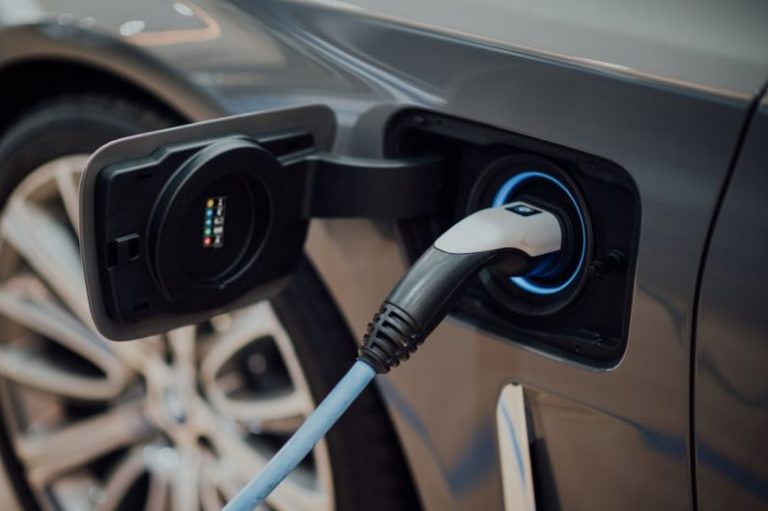Navigating Used Car Purchases: What to Look out for
When it comes to buying a used car, it’s crucial to be cautious and thorough to ensure you’re making a wise investment. Navigating the world of used car purchases can be overwhelming, but with the right knowledge and approach, you can find a reliable vehicle that meets your needs without breaking the bank. Here’s what to look out for when buying a used car:
Research and Inspection
Before diving into the used car market, it’s essential to do your homework. Research different makes and models that fit your budget and requirements. Consider factors like fuel efficiency, maintenance costs, and reliability ratings. Once you’ve narrowed down your options, inspect the vehicles thoroughly. Look for signs of wear and tear, check the mileage, and ensure all features and functions are in working order. If possible, take the car for a test drive to assess its performance on the road.
Vehicle History Report
One of the most critical aspects of buying a used car is obtaining a vehicle history report. This report provides information about the car’s past, including any accidents, title issues, and service records. A clean history report indicates that the car has been well-maintained and is less likely to have underlying problems. Be wary of vehicles with a murky history or a record of significant damage, as they may end up costing you more in repairs down the line.
Mechanical Inspection
Even if a used car looks good on the surface, it’s always a good idea to have it inspected by a qualified mechanic before making a purchase. A professional inspection can uncover hidden issues that may not be apparent to the untrained eye. The mechanic can check for mechanical problems, leaks, and other issues that could affect the car’s performance and safety. While this adds an extra step to the buying process, it can save you from buying a lemon in the long run.
Negotiation and Pricing
When it comes to buying a used car, negotiation is key. Don’t be afraid to haggle with the seller to get the best possible price. Research the fair market value of the car you’re interested in and use this information to negotiate a reasonable price. Keep in mind that factors like mileage, condition, and demand can all impact the price of a used car. Be prepared to walk away if the seller isn’t willing to meet your terms, as there are plenty of other options available in the used car market.
Financing and Payment Options
Before finalizing the purchase of a used car, consider your financing and payment options. If you’re taking out a loan, shop around for the best interest rates and loan terms. Be wary of high-interest loans or predatory lending practices that could end up costing you more in the long run. If you’re paying cash, make sure you have the funds available and are prepared to complete the transaction securely. Keep a record of all payments and agreements to protect yourself in case of any disputes in the future.
Maintenance and Ownership
Once you’ve purchased a used car, it’s essential to stay on top of maintenance and ownership responsibilities. Regular maintenance, including oil changes, tire rotations, and brake inspections, can help extend the life of your vehicle and prevent costly repairs. Keep track of service records and follow the manufacturer’s recommended maintenance schedule to ensure your car stays in top condition. Additionally, make sure to transfer the title and registration into your name promptly to avoid any legal issues or complications.
In Conclusion
Navigating the world of used car purchases can be a daunting task, but with the right approach and attention to detail, you can find a reliable vehicle that meets your needs and budget. By conducting thorough research, inspecting the car carefully, obtaining a vehicle history report, negotiating the price, and considering your financing options, you can make a smart and informed decision when buying a used car. Remember to prioritize maintenance and ownership responsibilities to keep your vehicle running smoothly for years to come.






